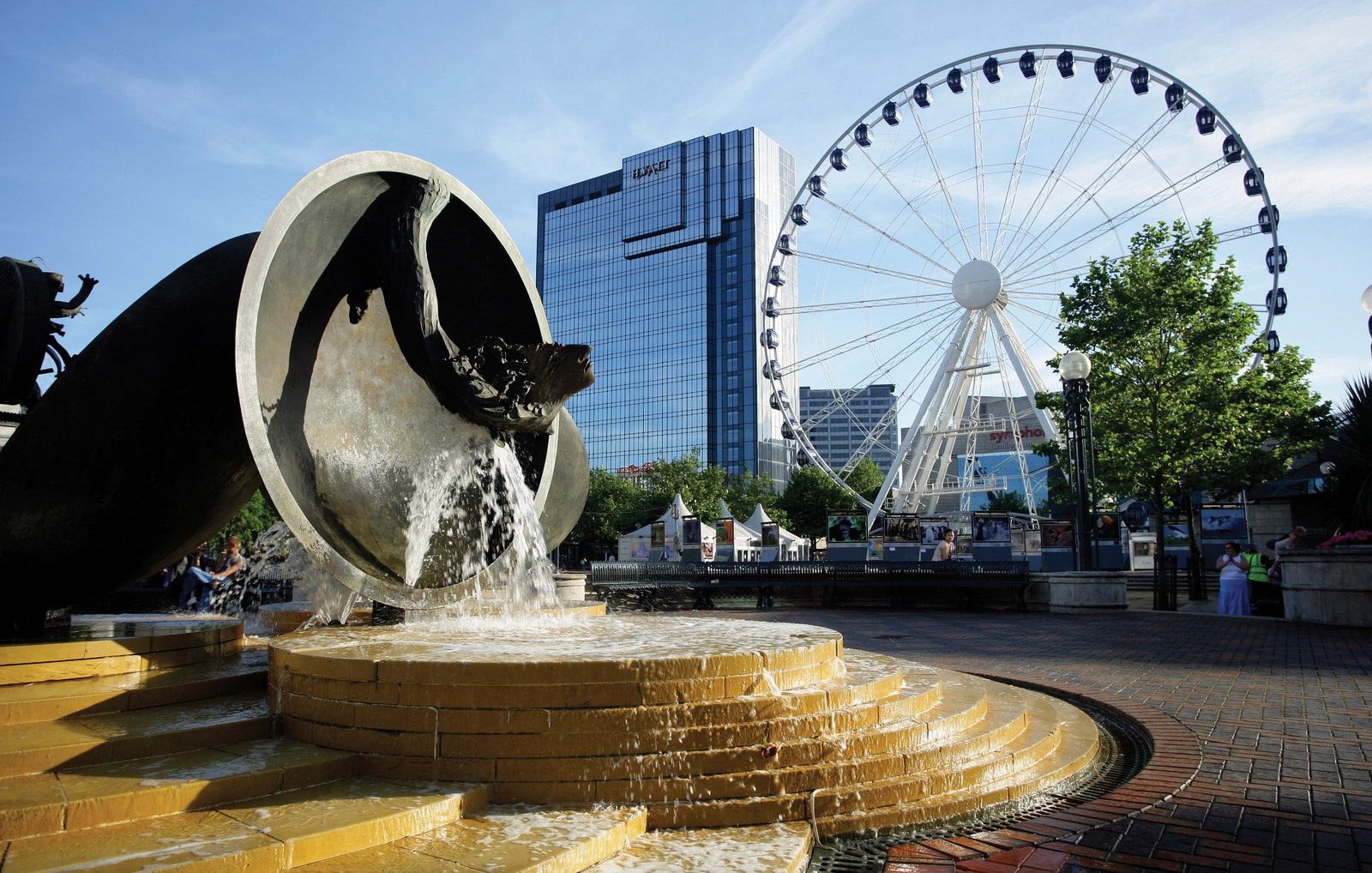
There is a shortage of new homes in Birmingham. This isn’t new information as the city has been struggling to meet the demand for several years now. The data confirms the lack of supply and rising demand for accommodation in Birmingham is only set to get worse. Savills reported that Birmingham needs 89,000 new homes between 2011 and 2031. MP’s urgently need to tackle the issue before the level of need moves even further out of reach.
With very few schemes coming forward due to planning restraints, institutional investment and the cost of construction, there is less production forecast for the next 3-5 years than the previous 10.
At a time when there is more demand than ever, Birmingham needs to deliver 149,286 more houses between 2020 and 2042, but under current plans, there are only 70,871. This means there is a shortfall of 78,415 homes. This number is changing constantly. There are many contributors to the demand for new homes, many of which are a good thing for our city overall, but we need to address the lack of new properties to meet this housing demand.
There is a lot going on in Birmingham right now, which is great news. However, it’s also contributing to the housing supply issue. Key infrastructures are driving growth in the city and increasing the need for accommodation as more people are attracted to Birmingham. The average cumulative property price growth in Birmingham is forecast at 19.5% 2021-2025. The average cumulative growth for the UK during the same period is 14.5%. As soon as you step foot into Birmingham, you’ll see the amount of regeneration happening.
Birmingham needs more homes to be built to meet the demand. But it’s not as simple as that. There are plans, consultations, and regulations that can delay the process. Even gaining access to land can take months or even years. Increased output of residential property takes time.
Another contributor to the delay in building new homes in Birmingham is the current cost of construction. This affects the price of new build properties and how affordable they are. Higher building costs are reducing the affordable housing pool even further. UK Construction is generally costing 25% more now than it did two years ago. Developers have to pass on this cost in the list price of the property, or it becomes unprofitable and will not be built at all. If there are higher costs for building property or high demand, prices will rise. There is no guarantee that the price will fall back to previous levels, so for now we must assume the prices will remain going forward.
There are fundamental housing requirements that are pushing up capital values/rent in the city and this will affect housing pricing for new build properties moving forward including:
We have developments across the city and plans in place for the future. To discover more about investment opportunities in Birmingham, get in touch with our expert property investment team.